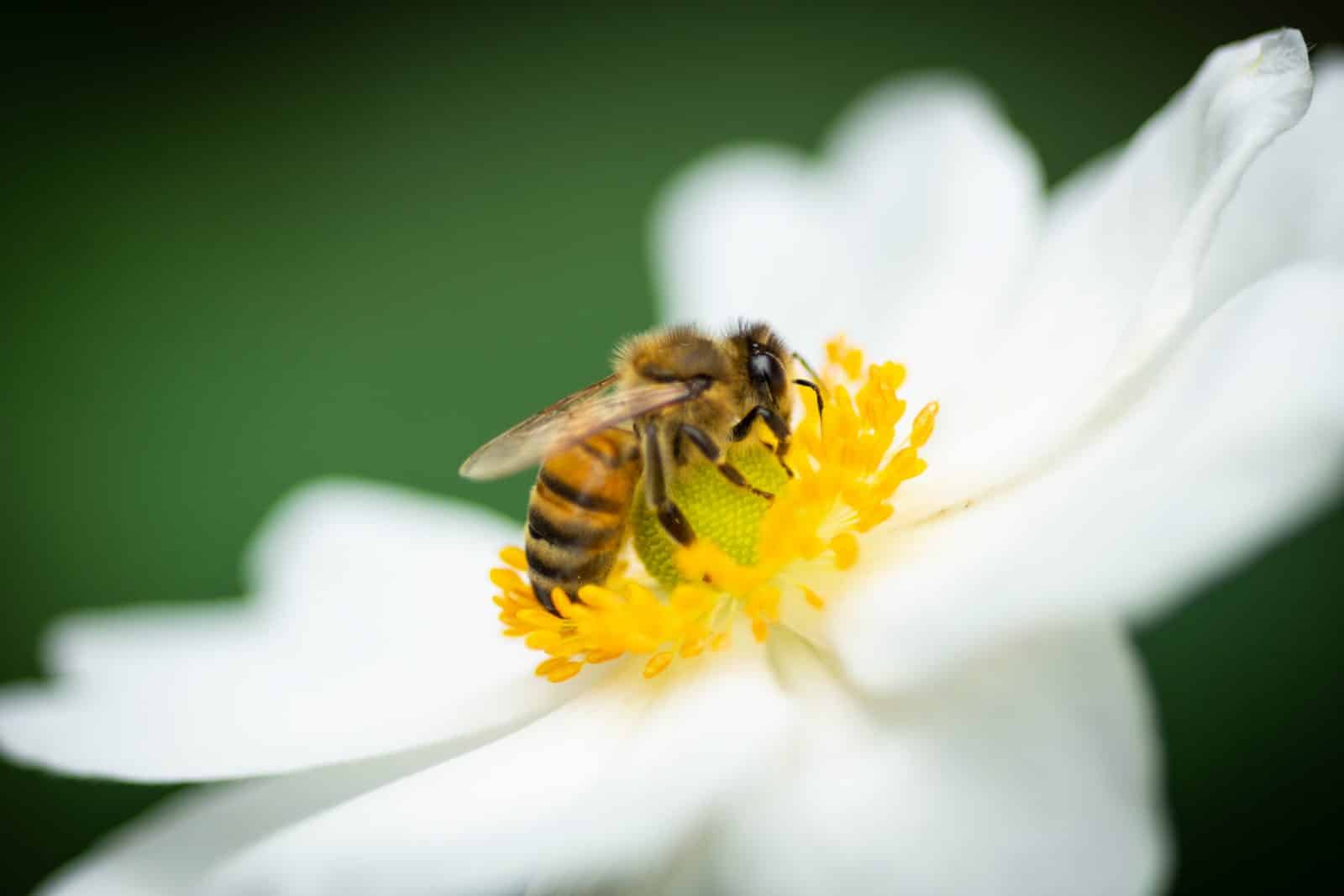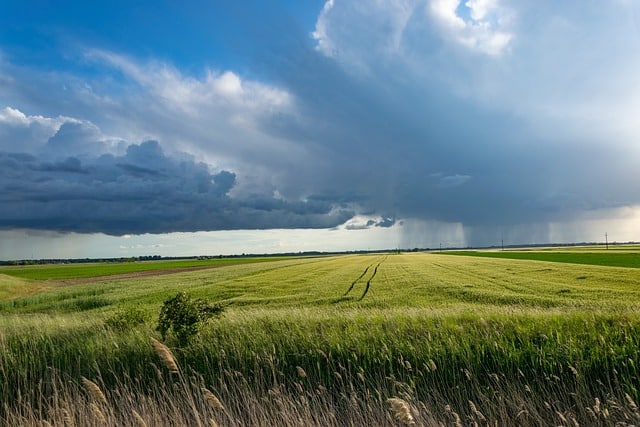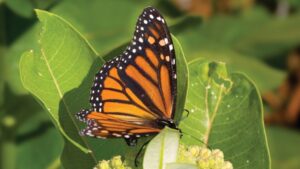The U.S. Department of Agriculture announced its strengthened commitment to advancing research and programmatic priorities that support pollinator health by soliciting nominations for members to serve on its newly formed USDA National Pollinator Subcommittee.
The subcommittee will be part of the National Agricultural Research, Extension, Education, and Economics (NAREEE) Advisory Board, which provides feedback to the Secretary of Agriculture, USDA’s science agencies and university collaborators on food and agricultural research, education, extension and economics priorities and policies.
“USDA takes very seriously our duty to protect pollinators so that they can continue to play a critical role in our food production system,” said Agriculture Secretary Tom Vilsack. “Pollinator species help produce more than 100 crops grown in the United States. We are keenly interested in understanding the stressors that impact pollinators, including climate change, pests, pathogens and reduced forage. We strive to ensure our research and data in this area are meeting the needs of bee managers and the farmers that rely on pollinators.”
The NAREEE Advisory Board’s Pollinator Subcommittee will provide input on annual USDA strategic pollinator priorities and goals and will make pollinator health-related recommendations to strengthen USDA pollinator research efforts. USDA is both a major funder and conductor of pollinator research, with research initiatives spanning across five USDA mission areas.
NAREEE Board members play an important advisory role for USDA’s science agencies as they shape and advance the large-scale, collaborative research initiatives needed to address tough challenges that our nation’s farmers, ranchers and consumers face.
USDA is seeking nominations for subcommittee members from individuals with diverse expertise in pollinator health. USDA’s research is organized by five major study areas: Status and Trends (e.g., pollinator inventory and monitoring, economics and social sciences); Pests and Pathogens (both established and emerging); Environmental Stressors (e.g., weather stress, pesticide exposure, migratory and stocking density stress); Forage, Habitat, and Nutrition; and Genetics and Breeding.
USDA expects to appoint seven new Pollinator Subcommittee members in accordance with the federal statute. Candidates selected to the Pollinator Subcommittee may serve 1,3 years with terms anticipated to start in July 2022.












